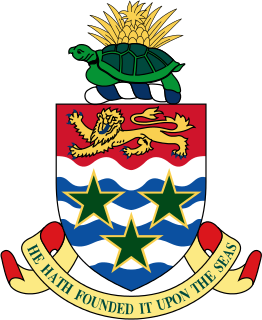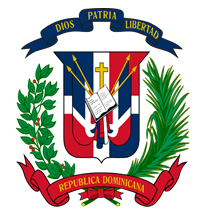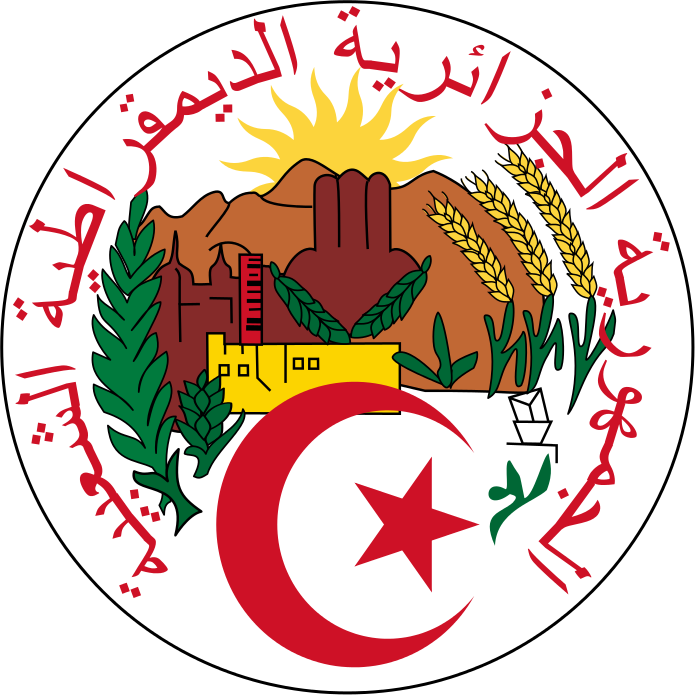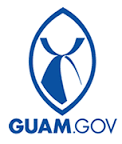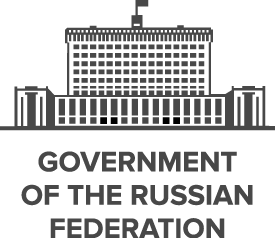Pacific Islands Legal Information Institute
PacLII stands for the Pacific Islands Legal Information Institute. It is an initiative of the University of the South Pacific School of Law with assistance from AustLII. PacLII is a signatory to the Montreal Declaration on Public Access to Law and participates in the Free Access to Law movement, (FALM) a grouping of a number of world wide organizations committed to publishing and providing access to the law for free.


